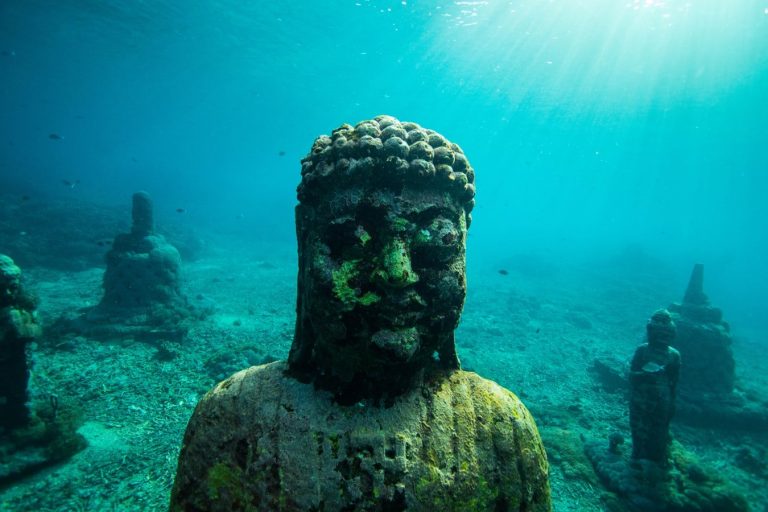

He has become recognised as an unconventional thinker who raises controversial questions about humanity’s past.īorn in Edinburgh, Scotland, Hancock’s early years were spent in India, where his father worked as a surgeon. His public lectures, radio and TV appearances, including two major TV series for Channel 4 in the UK and The Learning Channel in the US – Quest For The Lost Civilisation and Flooded Kingdoms of the Ice Age – have put his ideas before audiences of tens of millions. And if a few cherished paradigms are overturned in the process, surely this is what science is all about.GRAHAM HANCOCK'S books have sold more than five million copies worldwide and have been translated into 27 languages. Some of his arguments tend to be rather speculative, and some of his conclusions may well be wrong-it's not always a good thing to ignore the experts! But in this massive book-well over 700 pages-he does provide sufficient evidence for flooded ruins that ought to be studied by real scholars.

Hancock accepts that he is neither a historian, an archaeologist nor a geologist. And then he goes diving and finds, in some cases, incontrovertible ruins in other cases the piles of stone might well be natural rock formations, but Hancock argues for their human origins. With the aid of a geologist at Durham University, Hancock examines which coastal areas vanished beneath the sea as the ice melted at the end of the last Ice Age, a catastrophic inundation he finds in the Flood myths of most of the world's traditional religions. In Underworld-the book of his Channel 4 TV series-he argues that far from springing out of nowhere some 6,000 or 7,000 years ago in Mesopotamia, civilisation has been with mankind for many millennia longer.

Most of them, he seems to suggest, having spent their careers safely in their ivory towers, are unwilling even to consider new paradigms which could overturn everything they have learnt and taught. Hancock doesn't have a lot of time for academics. Hancock, well known for his disputes with orthodox archaeologists, argues that they ought to be looking underwater for submerged ruins, and that by not doing so they are stubbornly holding on to out-dated and incorrect theories. Graham Hancock's latest foray into the murky uncharted waters of the past is, in this case, exactly that- Underworld is an exploration of what lies beneath the sea, mainly off the coasts of India, Malta and Japan.


 0 kommentar(er)
0 kommentar(er)
